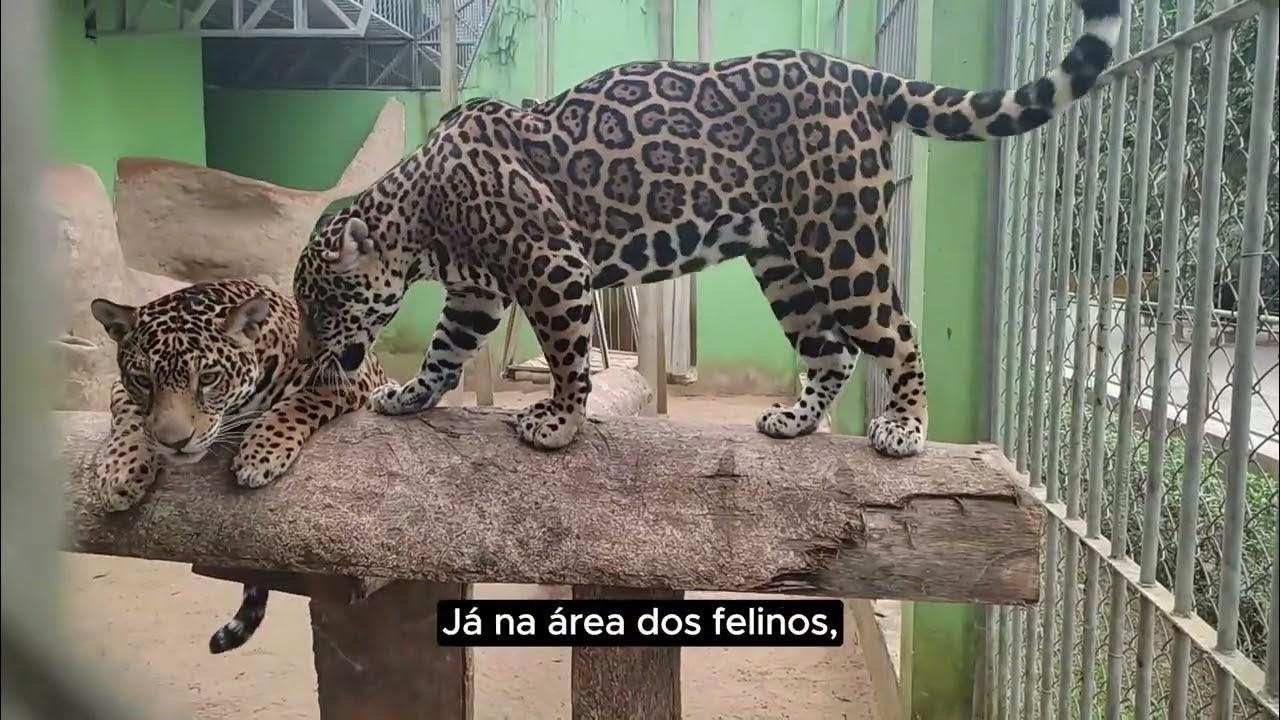What Is Food Insecurity?
Summary
TLDRAlicia Nessberry Moore, a plant scientist, professor, and business owner in Garfield Park, Chicago, discusses her work as an environmental activist and community advocate. Through her business, Urban Produce, she tackles food inequity by providing local food access, employment, and education to underserved communities. She emphasizes the importance of collaboration across sectors to address food deserts and transform food systems into equitable, sustainable models. Moore highlights the impact of disinvestment on communities and the need for a network of professionals to create lasting change and ensure healthy food access for all.
Takeaways
- 😀 Alicia Nessberry Moore is a community advocate, plant scientist, professor, and business owner in Garfield Park, Chicago, working to address food inequity.
- 😀 Garfield Park has a predominantly Black population, with many households earning less than $25,000 annually, facing challenges in access to nutritious food.
- 😀 Alicia's work involves growing plants but also growing people by addressing food inequity, providing employment, and offering youth education opportunities.
- 😀 Food equity means ensuring everyone has access to safe, nutritious, and culturally relevant food, which is essential for optimal health and well-being.
- 😀 Food insecurity is not just about feeding people; it’s about understanding why they’re hungry and addressing the systemic issues that contribute to food deserts.
- 😀 Alicia’s business, Urban Produce, provides not only food but also economic development and green space to a community in need, aiming to create systemic change.
- 😀 In Chicago, there are over 50,000 non-profits, including food banks and agricultural organizations, which shows the need for a different approach to solving food insecurity.
- 😀 Urban Produce focuses on creating equitable access to food and economic investment, while also educating the community about nutrition and offering youth job training.
- 😀 The transformation of food systems requires collaboration and partnerships across different sectors to create sustainable, impactful change.
- 😀 The goal is not just to feed people but to empower communities and ensure long-term food security by creating an equitable food system through systemic change.
Q & A
What is Alicia Nessberry Moore’s primary profession?
-Alicia Nessberry Moore is a plant scientist, a professor, and a business owner.
Where is Garfield Park located, and what is its significance?
-Garfield Park is located on the west side of Chicago. It is known for its green contributions, including the Garfield Park Conservatory. The neighborhood has over 20,000 residents, with 90% being Black, and many families living below the poverty line.
How does Alicia describe her work and its impact on the community?
-Alicia sees her work as a liaison and a change agent for the residents of Garfield Park. She focuses on addressing food inequity, providing local employment, and offering environmental education and job training opportunities for youth.
What motivated Alicia to enter the field of plant science and business?
-Alicia transitioned from academia into the field of plant science and business, initially unaware of the complexities of the agricultural industry. She became motivated by her desire to improve access to nutritious and culturally relevant food for all.
What is Alicia’s stance on food access?
-Alicia believes that everyone should have access to food, whether it’s grown or bought. She advocates for food that is safe, nutritious, and culturally relevant, viewing food as essential to overall quality of life.
Why does Alicia emphasize the importance of an equitable food system?
-Alicia sees an equitable food system as key to transforming communities, improving diets, enhancing well-being, and reducing disease. She believes that systemic inequities in food access need to be addressed for healthier communities.
What role does Alicia believe economic development plays in community transformation?
-Alicia believes that economic development, alongside green space, is crucial for community transformation. She created Urban Produce to provide both, contributing to the local economy and offering jobs and educational opportunities.
What sets Urban Produce apart from other organizations in Chicago?
-Urban Produce is unique because it combines both economic development and green space. Rather than being another non-profit, it is a business that invests in the local community by addressing food inequity, creating jobs, and offering educational opportunities.
What is the key message Alicia hopes to communicate in her master class?
-Alicia's key message is the importance of collaboration and partnership in addressing food inequity. She encourages viewers to think beyond just feeding people and to consider the broader systemic issues affecting food access and equity.
What does Alicia mean by 'transformative measures' in the context of food systems?
-By 'transformative measures,' Alicia refers to the need for significant changes in food systems, supported by a network of professionals, organizations, and resources, to ensure that healthy food is secure and accessible to all.
Outlines

This section is available to paid users only. Please upgrade to access this part.
Upgrade NowMindmap

This section is available to paid users only. Please upgrade to access this part.
Upgrade NowKeywords

This section is available to paid users only. Please upgrade to access this part.
Upgrade NowHighlights

This section is available to paid users only. Please upgrade to access this part.
Upgrade NowTranscripts

This section is available to paid users only. Please upgrade to access this part.
Upgrade NowBrowse More Related Video

Why Do Some Bodies Respond Differently to Disease? | Erika Moore | TED

Pengolahan Sampah Plastik di Boyolali, Ubah Puluhan Ton Sampah Jadi Furnitur

Our fight for disability rights -- and why we're not done yet | Judith Heumann

Satu Indonesia Bersama Aleta Baun, Pejuang Lingkungan Hidup dari Timor

GAK PELIT LANGSUNG DIAJARI CARANYA!! DARI MODAL 500RB SEKARANG MERAUP OMSET 10JT PERHARI

Um Passeio pelo Parque Ambiental Chico Mendes
5.0 / 5 (0 votes)